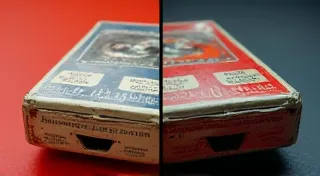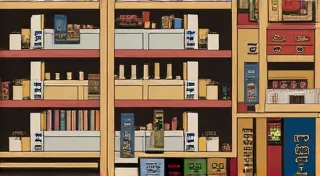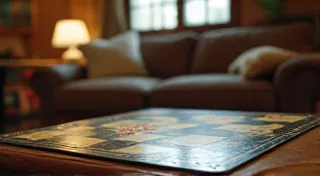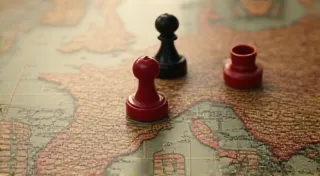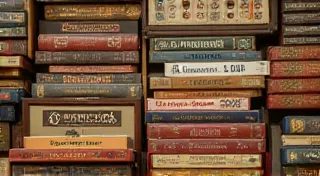Game Collecting Etiquette: Buying, Selling, and Trading with Respect
The vintage board game collecting community is a vibrant and passionate one. While the excitement of the hunt and the thrill of discovery are central to the hobby, fostering a respectful and ethical environment is equally important. This guide outlines essential etiquette for buying, selling, and trading vintage board games, ensuring a positive experience for everyone involved.
Respecting the Games Themselves
Before diving into interactions with other collectors, let's start with the games themselves. Vintage board games are often fragile and represent a piece of history. Handle them with care. Avoid excessive handling, store them properly (away from direct sunlight and extreme temperatures), and prioritize preservation over simply adding to your collection.
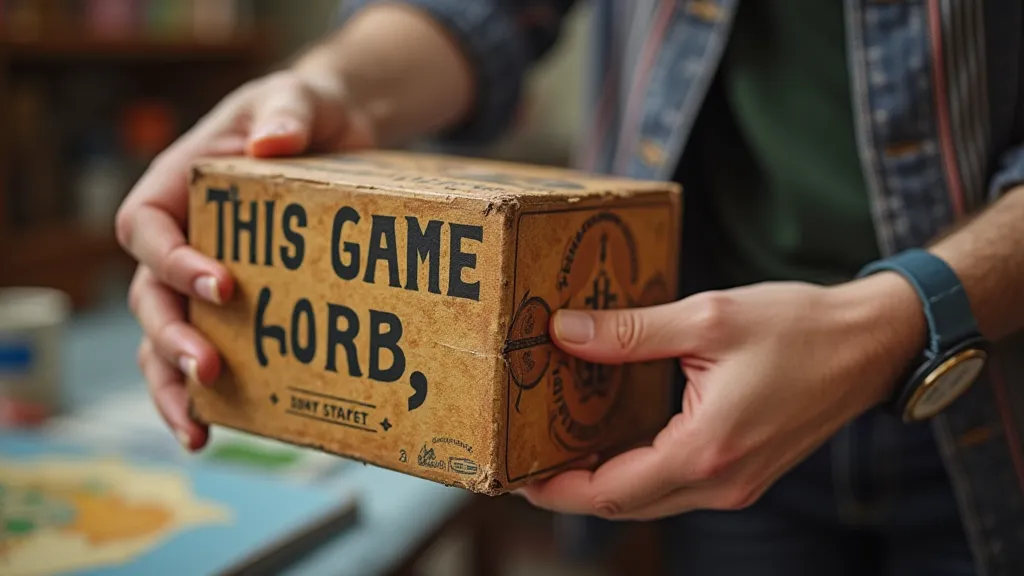
Buying Vintage Board Games: Due Diligence and Honesty
When purchasing vintage board games, always practice due diligence. Examine descriptions and photographs carefully. Don't be afraid to ask sellers for additional information or pictures of specific components. Be aware of common reproduction elements and learn to identify them. Here are some key points:
- Condition is Key: Understand the grading system used to describe condition (e.g., mint, near mint, very good, good, fair, poor). Don't hesitate to ask for clarification if a description is vague.
- Ask Questions: Don’t be shy about asking the seller about the game's history, provenance (previous ownership), and any known issues.
- Be Realistic About Rarity: Just because a game is old doesn't automatically make it rare or valuable. Research rarity thoroughly before making a purchase.
- Beware of 'Too Good to be True' Deals: If a price seems unbelievably low for a rare or desirable game, proceed with caution. There’s likely a catch.
Selling Vintage Board Games: Transparency and Accurate Representation
Selling vintage board games requires even greater responsibility. Your reputation within the community depends on your honesty and fairness. Here’s what you should keep in mind:
- Accurate Descriptions: Provide detailed and honest descriptions of the game's condition, including any flaws, missing pieces, or repairs.
- Detailed Photos: Provide clear, well-lit photos that accurately represent the game's condition from multiple angles.
- Disclose Everything: Don't hide anything. If a piece is missing or a box is damaged, mention it. Transparency builds trust.
- Shipping Precautions: Package the game securely to prevent damage during shipping. Consider insurance for higher-value items.
- Be Reasonable: Be willing to answer buyer questions and address concerns promptly and professionally.
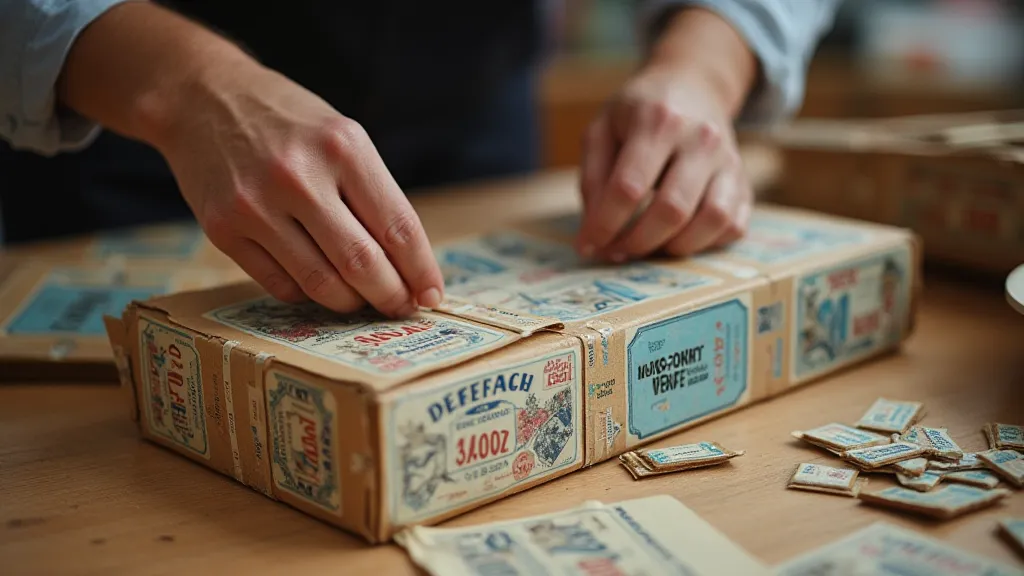
Trading Vintage Board Games: A Collaborative Exchange
Trading vintage board games can be a rewarding way to expand your collection and connect with other enthusiasts. Here are some guidelines:
- Fair Value Assessments: Research the market value of both games being traded to ensure a fair exchange. Consider rarity, condition, and desirability.
- Open Communication: Discuss the condition of each game openly and honestly. Be upfront about any flaws or missing components.
- Mutual Agreement: Ensure both parties are satisfied with the trade before finalizing the exchange.
- Secure Transactions: Use a secure payment platform or meet in person for the exchange to minimize risk.
Building Relationships and Community
The vintage board game collecting community thrives on collaboration and shared passion. Beyond the transactions, remember to foster positive relationships. Offer advice to new collectors, participate in online forums or local meetups, and celebrate the joy of collecting. Respect differing opinions and approaches to collecting. A strong community benefits everyone.
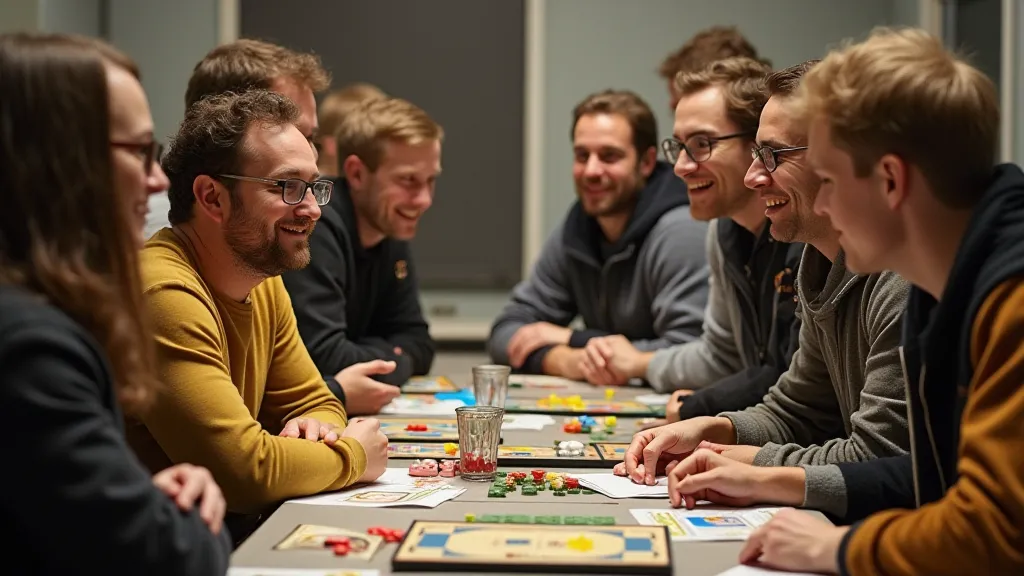
Final Thoughts
Ethical practices build trust and contribute to a thriving collecting community. By following these guidelines, you can ensure a positive and rewarding experience for yourself and other enthusiasts. Happy collecting!
